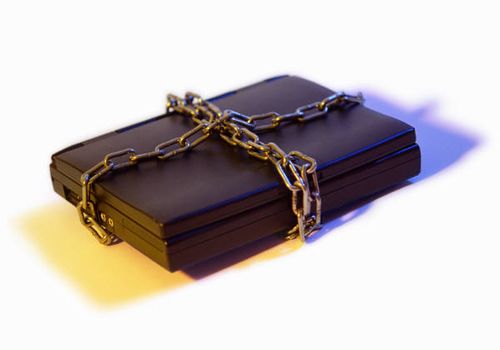eDiscovery Daily Blog
eDiscovery Searching: Exceptions are the Rule

Virtually every collection of electronically stored information (ESI) has at least some files that cannot be effectively searched. Corrupt files, password protected files and other types of exception files are frequent components of your ESI collection and it can become very expensive to make these files searchable or reviewable. Being without an effective plan for addressing these files could lead to problems – even spoliation claims – in your case.
How to Address Exception Files
The best way to develop a plan for addressing these files that is reasonable and cost-effective is to come to agreement with opposing counsel on how to handle them. The prime opportunity to obtain this agreement is during the meet and confer with opposing counsel. The meet and confer gives you the opportunity to agree on how to address the following:
- Efforts Required to Make Unusable Files Usable: Corrupted and password protected files may be fairly easily addressed in some cases, whereas in others, it takes extreme (i.e., costly) efforts to fix those files (if they can be fixed at all). Up-front agreement with the opposition helps you determine how far to go in your recovery efforts to keep those recovery costs manageable.
- Exception Reporting: Because there will usually be some files for which recovery is unsuccessful (or not attempted, if agreed upon with the opposition), you need to agree on how those files will be reported, so that they are accounted for in the production. The information on exception reports will vary depending on agreed upon format between parties, but should typically include: file name and path, source custodian and reason for the exception (e.g., the file was corrupt).
If your case is in a jurisdiction where a meet and confer is not required (such as state cases where the state has no rules for eDiscovery), it is still best to reach out to opposing counsel to agree on the handling of exception files to control costs for addressing those files and avoid potential spoliation claims.
On Monday, we will talk about the types of exception files and the options for addressing them. Oh, the suspense! Hang in there!
So, what do you think? Have you been involved in any cases where the handling of exception files was disputed? Please share any comments you might have or if you’d like to know more about a particular topic.
